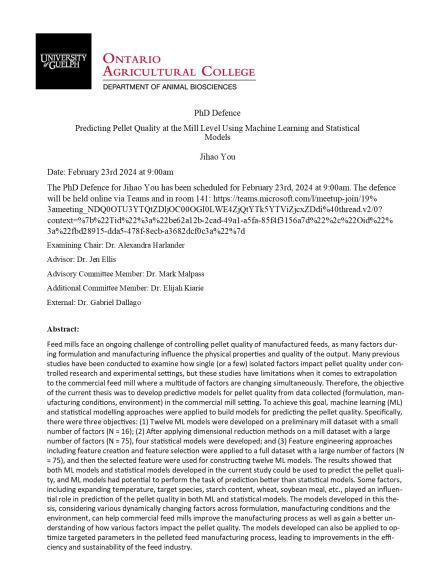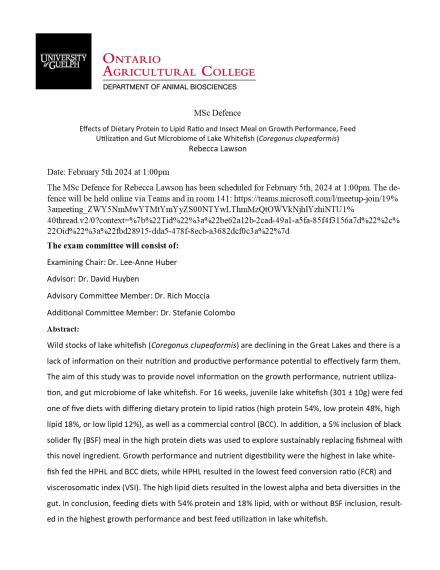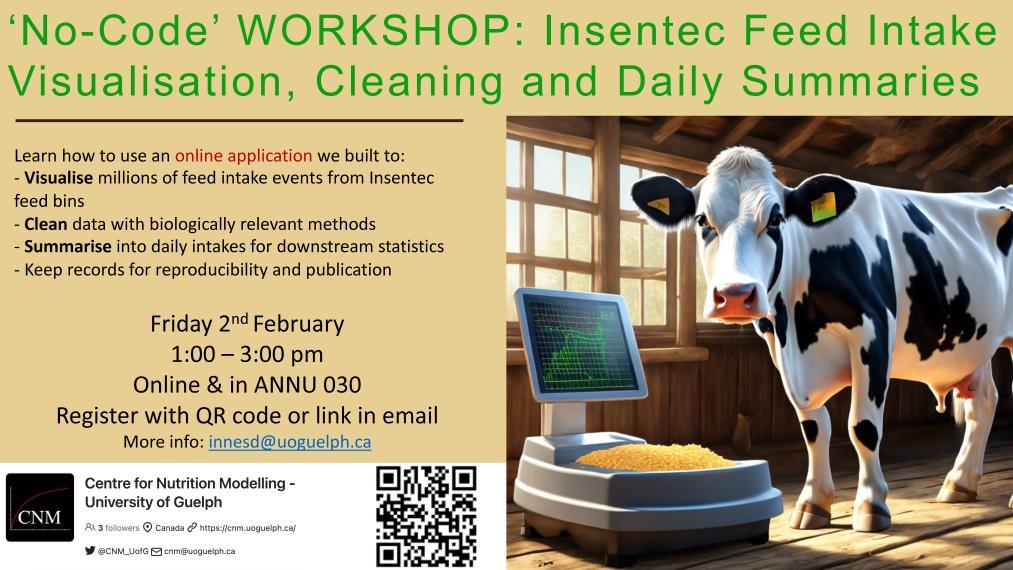
Animal Behaviour and Welfare Graduate Student Panel
The CCSAW student chapter is hosting a grad student panel on Thursday, February 29th for students interested in pursuing grad studies in animal behaviour and welfare. The event will take place from 6:00-7:30pm in ANNU 102. Please share the attached poster with your classes or with anyone who may like to attend!







